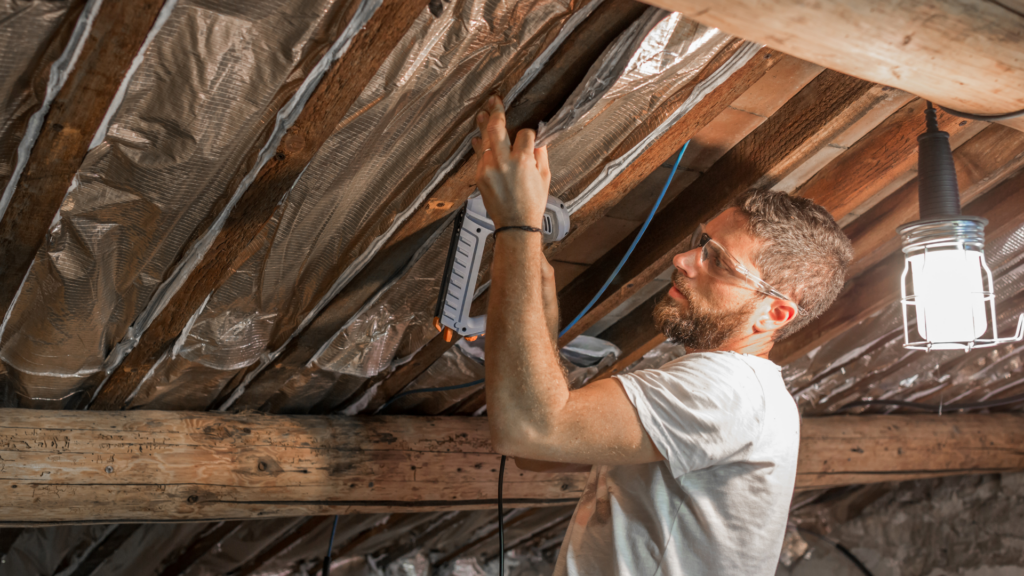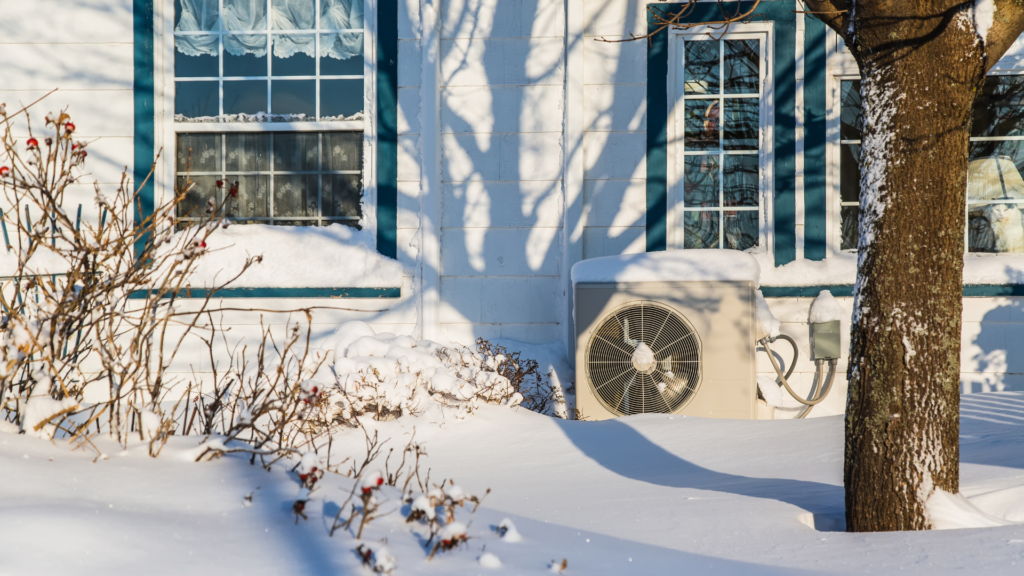Although in most circumstances considered more environmentally friendly than gas boilers, heat pumps are not yet cost-effective for home heating, according to a new study by Flemish research centres VITO/Energyville.
Moreover, demand has shifted rapidly from a year ago, when record gas prices were making households look to cheaper means of warming their home. Importantly, demand was driven by cost-saving motives at a time when consumers were keenly aware of limited budgets.
Yet the drastically different energy situation in Belgium today – which sees gas prices today relatively affordable – has led to a downturn in the sale of heat pumps, which is nearing stagnation, reports Het Nieuwsblad and De Morgen.
When gas prices peaked last year, suppliers could not obtain heat pumps fast enough to meet increased demand. But with gas prices significantly lower it is no longer cost-effective for buildings with moderate insulation to heat with a heat pump”, say VITO/Energyville experts.
The report's analysts stress that this is purely from a financial perspective and does not account for the undeniable environmental benefits that come with heat pumps – especially if they are powered by renewable electricity. But this is another point that the experts highlight: electricity right now is relatively expensive.
"Until there’s a justifiable balance between the cost of gas and electricity, even offering heat pumps for free won’t be appealing as their operation is too costly," Maarten De Groote, a researcher at VITO, explained to Het Nieuwsblad.

A heat pump can only be efficient in a well-insulated building. Credit: Canva
Creating heat and keeping heat
Whilst heat pumps can provide a highly efficient means of heating a building, their performance is largely dependent on the standard of insulation, which in Belgium is often poor. This means that whilst the new devices remain highly recommended in new builds or houses with a high energy certificate, other buildings would often be better investing in insulation before looking to replace the boiler.
To illustrate the low national standard of insulation, the VITO researchers reported that in the Netherlands, the payback period for heat pumps is four to five years; in Belgium it can be up to 15 years.
"For buildings with an average or moderate insulation level, it is not interesting to heat with a heat pump in terms of operational costs today," the study confirmed.
Related News
- Four in ten properties for sale in Brussels are energy-inefficient
- The value of build quality: Energy-efficient flats in Brussels cost up to €36,500 more
Not only held back by the standard of buildings, the researchers highlight differing tax systems between Belgium and its neighbours, which stand in the way of motivating the public to get behind the pumps. "In Belgium, taxes and levies on electricity are so expensive compared to fossil fuels, that electricity-driven systems such as heat pumps are at a major disadvantage."
In light of this, the study's authors advocate moving the tax burden from electricity to gas, which could make heat pumps a more financially sensible option. De Groote also recommends a more widespread sharing of information about heat pumps in order to get more homeowners on board with the technology.

